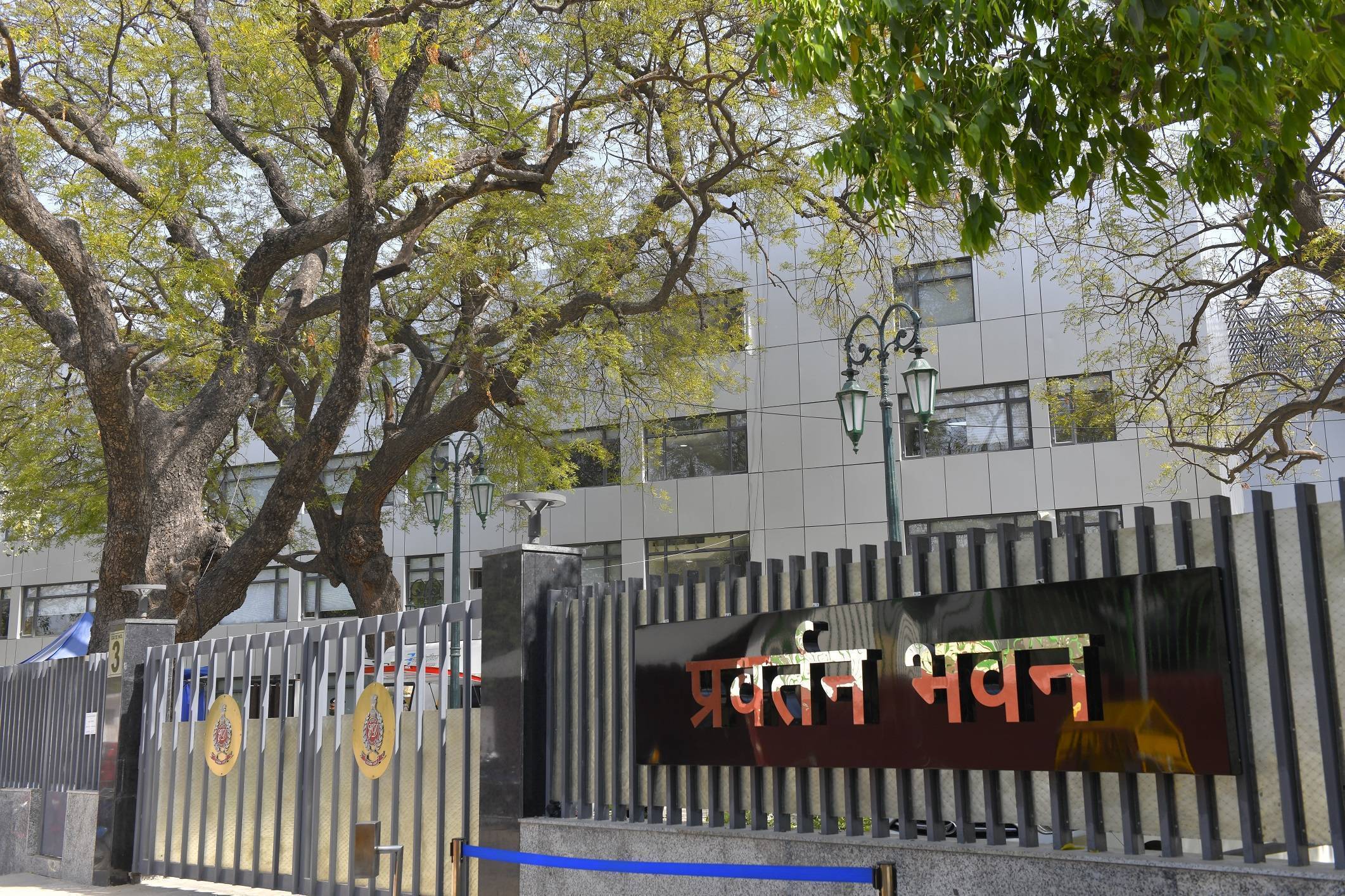India’s real estate sector today stands at an inflection point. On one hand, the appetite for housing and commercial development is rising steadily, fuelled by urbanization, infrastructure expansion and aspirational demand. On the other, the real estate sector is still haunted by the shadows of the past, unfinished projects, investor hesitation and a persistent trust gap between developers and homebuyers. While many factors influence the growth of this industry, there is one that determines its long-term credibility more than any other: legal certainty.
For investors, whether foreign or domestic, profitability is always important, but security of capital comes first. When investors assess markets, they do not look only at demand and growth potential; they examine whether the legal framework is predictable, enforceable and fair. If they sense ambiguity, volatility or weak enforcement, confidence is shaken and investment flows dry up. This is where legal certainty plays its most critical role—it provides assurance that rules will not change overnight, that disputes will be resolved fairly, and that contracts will be honoured.
India has taken significant steps in this direction. The Real Estate (Regulation and Development) Act, or RERA, was a landmark reform that created accountability for developers and gave homebuyers a clear platform for grievance redressal. The Supreme Court, through its judgments, has also played a decisive role in strengthening the rights of buyers and establishing that their interests cannot be sidelined in insolvency or restructuring proceedings. These developments have helped lay the foundation of trust, but the sector has not yet reached the point where investors can feel completely secure. The gap lies in enforcement.
In the global economy, when one country sneezes, others catch a cold.
Anonymous Economist
Foreign Direct Investment comes into a market when investors see predictability and consistency. Domestic institutional capital, too, follows when confidence builds around fair play and contract enforcement. Unfortunately, regulatory volatility in the past—sudden changes in state-level rules, slow dispute resolution and lack of strict enforcement—has often deterred investors. This is why, despite strong underlying demand, real estate has not attracted the scale of investment it is truly capable of. If state-level authorities use their enforcement powers effectively and ensure that RERA orders are implemented without delay, it will change the perception of Indian real estate in a fundamental way.
Legal certainty is also about more than protecting investors. It is equally about bridging the trust gap between developers and homebuyers. Buyers who have faced delays or been denied possession in the past are cautious, and rightly so. When the legal system reassures them that their rights will be protected, their confidence returns. This in turn helps developers build stronger reputations and creates a healthier investment environment overall. Trust is a chain reaction—when buyers trust the system, investors feel safe, and when investors feel safe, the entire sector gains credibility.
The opportunity before India is unique. Demand fundamentals are robust, urbanization is accelerating, and government infrastructure projects are opening new corridors for growth. What the sector needs now is not another law, but the consistent application of existing ones. The Indian real estate market can emerge as one of the most attractive investment destinations globally, provided its legal frameworks are applied firmly and fairly. Legal certainty is not just an enabler of growth; it is the backbone of the sector’s revival and the most powerful signal to investors that India is ready for sustainable, long-term capital.
Authored By:
Advocate Venket Rao, Founder, INTYGRAT Law, a full-service law firm known for its strategic legal and advisory solutions. With over two decades of experience in corporate and commercial law, he has carved a niche as one of India’s leading experts in Real Estate (Regulation and Development) Act (RERA) matters. He has advised developers, financial institutions, and homebuyers on complex regulatory frameworks, compliance, and dispute resolution under RERA, shaping industry practices and strengthening transparency in the real estate sector.









.png)